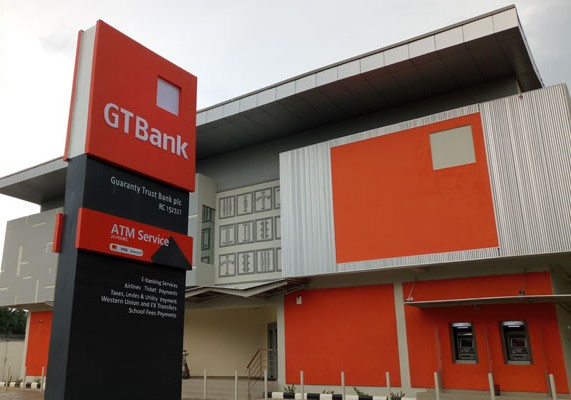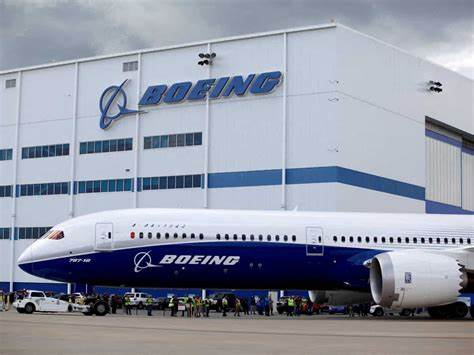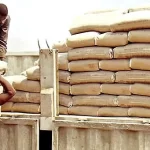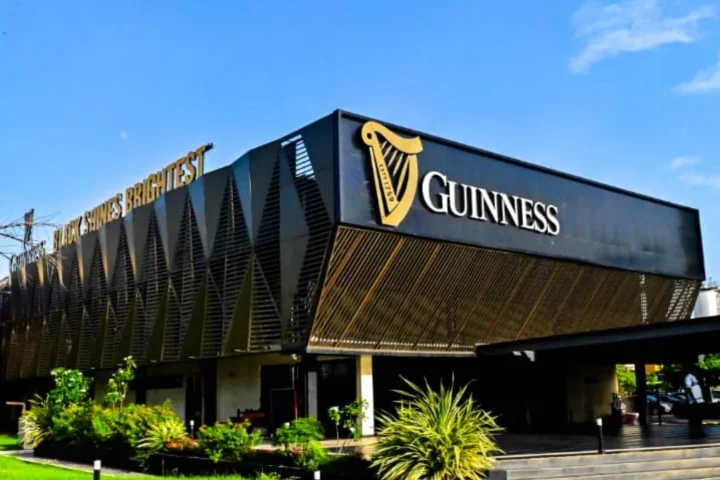High Inflation and Fuel Prices Cripple Nigerian Eateries
As inflation continues to surge, driven in part by high fuel costs, eateries and restaurants across Nigeria face unprecedented challenges in maintaining operations, with many even closing their doors. This crisis has left both business owners and customers struggling to adjust to the sharp increases in food prices, electricity, and fuel. Experts and industry operators weigh in on the government’s role and possible solutions.
Survival at Stake: Fuel Prices Drive Up Business Costs
Fuel prices have been on a relentless rise, reaching up to N1,200 per litre. This increase has directly impacted the cost of doing business in the food industry, as many eateries and restaurants rely heavily on fuel for their day-to-day operations. The erratic power supply has only worsened matters, leaving operators to depend on generators to keep their lights on and equipment running. Patrick Anyanwu, a restaurant owner in Ajao Estate, Lagos, emphasised that the situation is “unbearable” for many.
Join our WhatsApp Channel“You have to choose between staying open and covering your costs,” Anyanwu explained. “With diesel at over N20,000 for a day’s operations, we can barely break even, let alone make a profit. Many are considering shutting down, and some already have.”
Fuel price hikes have rippled into the cost of food items, delivery, and overall services. we now find ourselves caught between raising prices and retaining customers, many of whom are also feeling the pinch of inflation.
Electricity Woes Compounding Eateries’ Challenges
An unreliable power supply has also become a significant burden for Nigerian eateries, forcing them to rely on expensive generator fuel for day-to-day operations. In addition to diesel costs, food businesses must grapple with exorbitant electricity bills. The situation is further complicated by frequent blackouts from power distribution companies, which often fail to match the inflated costs with adequate power supply.
The manager of Chicken Republic at Oke Afa, Isolo, Lagos, Mr Sumonu, shared a similar experience: “It’s painful to see our earnings consumed by fuel and electricity bills. For the last three months, the electricity bill has nearly doubled, yet we don’t get more than a few hours of supply each day. The government needs to step in; we’re barely holding on.”
Food Prices Skyrocket, Impacting Both Owners and Customers
As inflation hits food prices, eateries must contend with rising ingredient costs, making it difficult to maintain their menus at competitive rates. With basic staples like rice, meat, and oil becoming more expensive, the financial strain is passed on to customers, some of whom have started cutting back on dining out due to the increased prices.
READ ALSO: Nigeria’s Equity Market Faces Continuous Dip As Investors React to Inflation Concerns
Ngozi, who operates a small fast-food spot, voiced her frustration: “Each time I visit the market, prices have gone up. To make things worse, I now spend half of my profit on fuel to keep the kitchen running when there’s no electricity. My customers can barely afford the current prices, and I can’t keep increasing them.”
For customers, eating out is becoming a luxury many can no longer afford. University of Lagos (UNILAG) student Abraham Adekunle said, “Eating out used to be affordable, but now it’s difficult to keep up. A plate of food that cost N500 last year is now N1,000 or more. It’s almost better to cook at home, but that isn’t always possible for students.”
Operators Call for Government Intervention
Many within the industry believe that the government has a significant role to play in alleviating the hardships facing eateries. Some suggest subsidies for fuel or electricity as a way to lighten the burden, while others call for tax relief to help businesses navigate the high inflation and fuel costs. Anyanwu and others, along with other industry operators, have repeatedly called on the government to provide relief to the hospitality and food sectors.
Anyanwu emphasised, “We’re the ones who put the government in power, and now we need them to step in. Without their help, more eateries will close, and this could further deepen the unemployment crisis in Nigeria.”
Chicken Republic manager, Daniel Sumonu added, “The cost of borrowing is at an all-time high, and the prices of materials are rising daily. If the government doesn’t act soon, this industry may collapse, leaving thousands jobless.”
Navigating an Uncertain Future
Despite the challenges, some eateries have attempted innovative ways to stay afloat. Many operators are switching to more affordable menu options or reducing their offerings to save on costs. However, as Ngozi Ebube noted, “There’s only so much we can adjust. We are already working with minimal staff, and everyone’s working overtime just to keep things going.”
Others have turned to delivery services as a way to reach customers who are cutting back on in-house dining due to transportation costs. Online food delivery has increased, and platforms are emerging to fill the gap by offering relatively lower delivery charges to help eateries maintain their customer base.
Yet, even these measures may not be enough to sustain the industry through Nigeria’s current economic challenges. As Anyanwu aptly summarised, “Eateries are the heartbeat of Nigerian social life and culture. If they go under, it’s not just the businesses that suffer, it’s everyone—the staff, suppliers, customers, and the larger community.”
Can the Industry Survive?
In this turbulent climate, the question remains whether Nigerian food eateries can survive the economic storm. With high fuel prices, unreliable electricity, and skyrocketing food costs, the odds are stacked against them. But the resilience of Nigerian business owners and the support of customers may yet keep them alive—if the government is willing to intervene and help stabilise the market.
As Sumonu stated, “We’re ready to keep working, but we need the right policies to support us. This is not just about making profit; it’s about survival.”
Emmanuel Ochayi is a journalist. He is a graduate of the University of Lagos, School of first choice and the nations pride. Emmanuel is keen on exploring writing angles in different areas, including Business, climate change, politics, Education, and others.
- Emmanuel Ochayihttps://www.primebusiness.africa/author/ochayi/
- Emmanuel Ochayihttps://www.primebusiness.africa/author/ochayi/
- Emmanuel Ochayihttps://www.primebusiness.africa/author/ochayi/
- Emmanuel Ochayihttps://www.primebusiness.africa/author/ochayi/



















Follow Us